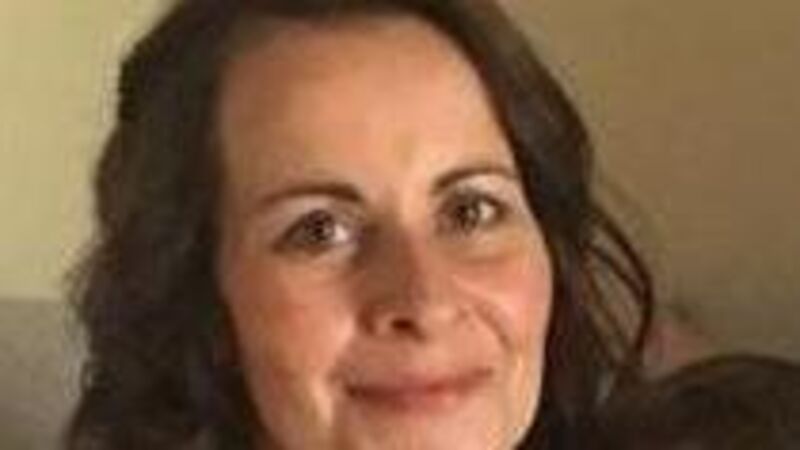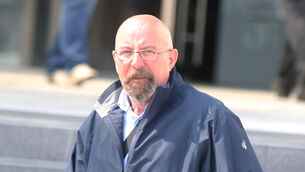Lawyers want inquest to examine mental health of woman at the time she killed her three children

Deirdre Morley was found not guilty of her children's murder by reason of insanity following a trial at the Central Criminal Court in May 2021. File photo: Family Handout/PA
Lawyers for a mother who killed her three children at their family home in Dublin almost five years ago have claimed an inquest into their deaths would be “inadequate and insufficient” if it did not examine the state of her mental health at the time of the tragic incident.
Counsel for Deirdre Morley, Fiona Gallagher BL, told a sitting of Dublin District Coroner’s Court that the inquest into her children’s deaths needed to call medical professionals who had treated her in the previous six months to give evidence rather than rely on expert witnesses.










